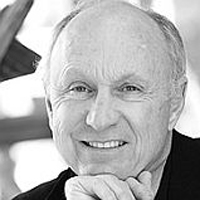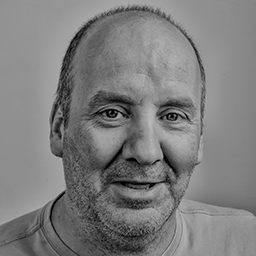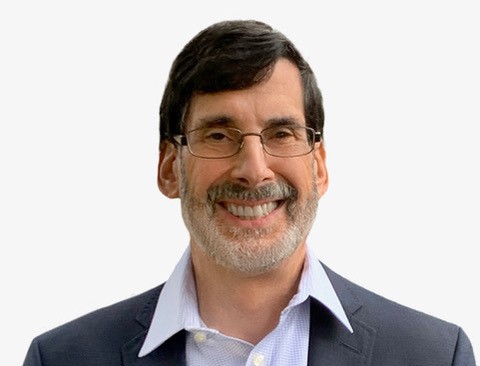Each week I’ve been adding a brief tidbits section to the THCB Reader, our weekly newsletter that summarizes the best of THCB that week (Sign up here!). Then I had the brainwave to add them to the blog. They’re short and usually not too sweet! –Matthew Holt
In this edition’s tidbits, the nation is once again dealing with an epidemic of shootings. Now a hospital joins schools, grocery stores and places of worship on the the recent list. I was struck by how much of the health care story was wrapped up in the tragic shooting where a patient took the life of Dr. Preston Phillips, Dr. Stephanie Husen, receptionist Amanda Glenn, 40; and patient William Love at Saint Francis Health System in Tulsa.
First and most obvious, gun control. The shooter bought an AR-15 less than 3 hours before he committed the murders then killed himself. Like the two teens in Buffalo and Uvalde, if there was a delay or real background checks, then these shootings would likely have not happened.
But there’s more. Hospital safety has not improved in a decade or so. Michael Millenson, THCB Gang regular, has made that plain. And that includes harm from surgery. We know that back surgery often doesn’t work and we know that Dr Phillips operated on the shooter just three weeks before and had seen him for a follow up the day before. Yes, there is safety from physical harm and intruders–even though the police got there within 5 minutes of shots being heard, they were too late. But there is also the issue of harm caused by medical interventions. Since “To Err is Human” the issue has faded from public view.
Then there is pain management. Since the opiate crisis, it’s become harder for patients to get access to pain meds. Was the shooter seeking opiates? Was he denied them? We will never know the details of the shooter’s case, but we know that we have a nationwide problem in excessive back surgery, and that is matched by an ongoing problem in untreated pain.
And then there are the two dead doctors. Dr. Husen, was a sports and internal medicine specialist. Obviously there are more female physicians than there used to be even if sexism is still rampant in medicine. But Dr. Phillips was an outlier. He was black and a Harvard grad. Stat reported last year that fewer than 2% of orthopedists are Black, just 2.2% are Hispanic, and 0.4% are Native American. The field remains 85% white and overwhelmingly male. So the chances of the patient & shooter, who was black and may have sought out a doctor who looked like him, having a black surgeon were very low in the first place. Now for other patients they are even lower.
The shooting thus brings up so many issues. Gun control; workplace safety; unnecessary surgery; pain management; mental health; and race in medicine. We have so much to work on, and this one tragedy reveals all those issues and more.





Leave A Comment